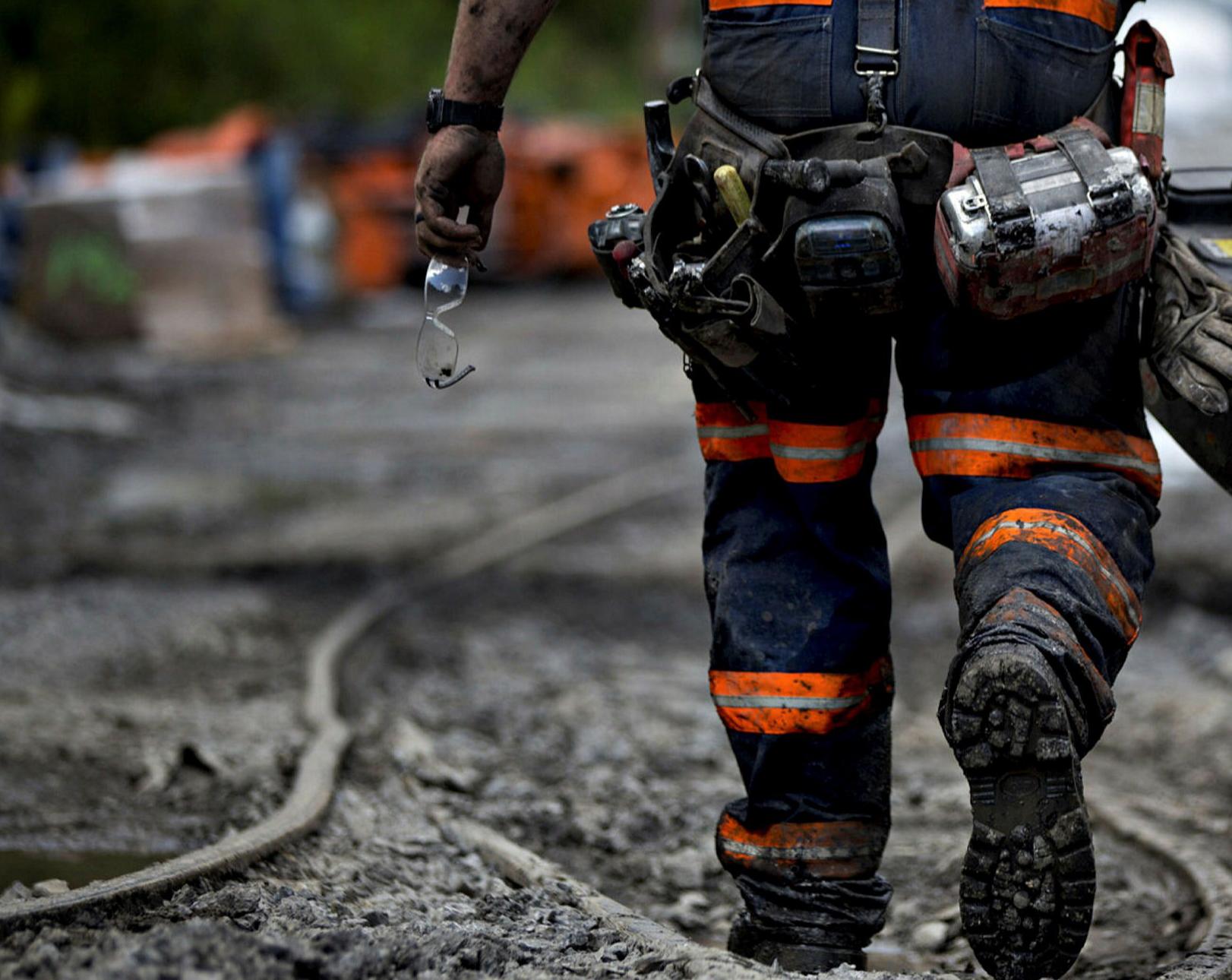
4 minute read
Mining & Society
John Murray, the founder of Swann Group, was invited to speak at the Critical Minerals Associations G7 summit in Cornwall in June 2021 about the importance of mining to society.
Beyond the immediate threat of the covid epidemic, John discussed six concerns that face mining at the moment.
John expands on his G7 lecture in this series of pieces, delving further into the problems. He offers suggestions regarding how we may solve them in other situations, based on interviews with some of the industry's greats and his decades of expertise. In others, he asks provocative questions to elicit thought and conversation in preparation for a future update.
All the articles are gathered in a single publication where you can download to get a more detailed insight on the company’s website. Here, we discuss the sixth and final article where John focuses on mining talent shortages and what is required to fill the gap.
SPECIAL FOCUS

John Murray, the founder of Swann Group.
TALENT SHORTFALLS IN MINING
The emerging talent gap in mining has been well documented, that arises from large swaths of senior leaders retiring, divestments and redundancies compelling prospective leaders into different fields, and mining firms not being able to make the industry attractive to graduates.
The problem of losing such talent has been exacerbated by our industry's failure to capture the information and skills of experienced team members before their departure. Semi-retired advisors and consultants can assist in bridging the gap, but they're not a long-term answer as they are scarce, expensive, and non-flexible.
During the collapse, those who left the industry see no reason to return to a sector that abandoned them during the past commodity cycle's decline. Young IT talent is more attracted to the cleaner, greener world than to an industry they've been taught to regard as dirty, destructive, and ethically problematic. who are currently unknown, will be precisely the expertise the industry requires. In contrast, individuals with more traditional mining abilities will become less critical. Education and industry must learn to interact more effectively to produce the skills our sector will require in the future.
To satisfy the expectations of Millennials, Generation Z, and their successors, senior executives will need to change. It would be stupid to treat any of these generations as if they were all the same, but they are typically more informed and vocal about the importance of values, purpose, and work/life balance than their forefathers. Leadership and management methods are likely to alter as the next generation expects to be consulted and informed and receive feedback informally and frequently rather than as part of an annual performance review.
As this new talent matures into leaders, new modes of development will be required. The speed of change will pick up in the future, and we'll need adaptable, brilliant people who can stay productive even if the paradigm has moved substantially by the time they reach a leadership position.
It will take a massive effort from professional organizations, educators, policymakers, and the industry, but it is achievable. But, after working out the kinks in this collaboration and solving this basic issue, it seems that the next generation of mining executives will be well-prepared to weather the coming storms.

CONCLUSIONS
The mining industry carries a long record of being slow to change. Large corporations have 'tried and tested methods that have served them well for decades, resulting in a mindset of 'that's how we do things here,' rather than evaluating how things should be done.
The Big 4 consultancies appear to be overly reliant on mining firms to do their strategic thinking for them. This implies that they do not develop strategic talent within. As a result, individuals access well-known global thinkers, but they find it challenging to synthesize and implement what they learn. Risk is dealt with in the mining business, but uncertainty, which is more difficult to quantify, is overlooked.
This has to change in these tumultuous times, and we've already seen signs of it.
Despite all of the doom and gloom over the last 18 months or so, our industry has shown tenacity and adaptation. Survival is an accomplishment in the face of Covid19's colossal struggle. The speed with which mining companies ensured that production continued, rather than relying on ex-pats who were subject to travel restrictions, is worthy of praise as an example of sector agility.
As a result, mining certainly can and will withstand the impact of the trends described in this research - as well as any others that emerge in the months and years ahead.
However, those organizations that foresee and plan for them will surely be in the most excellent position to prevent bad outcomes and capitalize on possibilities that arise.

Equipping the mining industry with legal services since 1893.
∙ Mineral purchase agreements, leases and options ∙ Land assembly and mineral rights acquisition ∙ Severed mineral registration and title work ∙ Environmental permitting and compliance
° MINING & MINERALS LAW ° ›› Paul Kilgore ›› Paul Loraas










